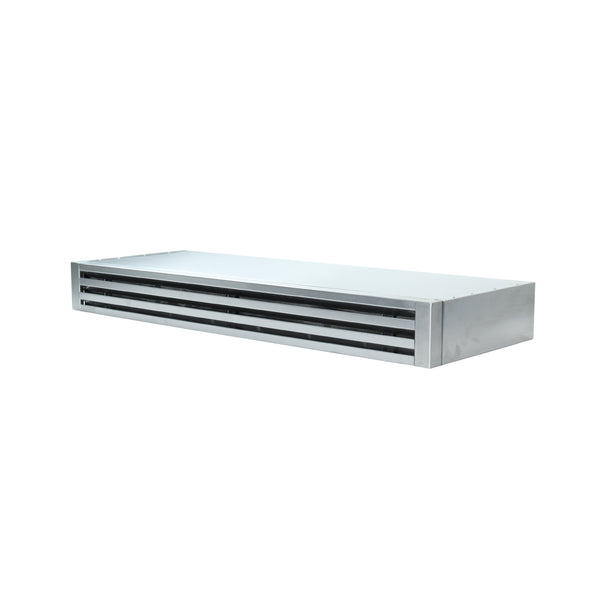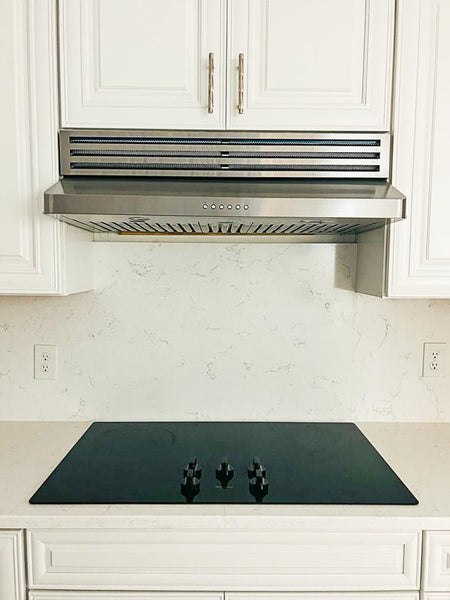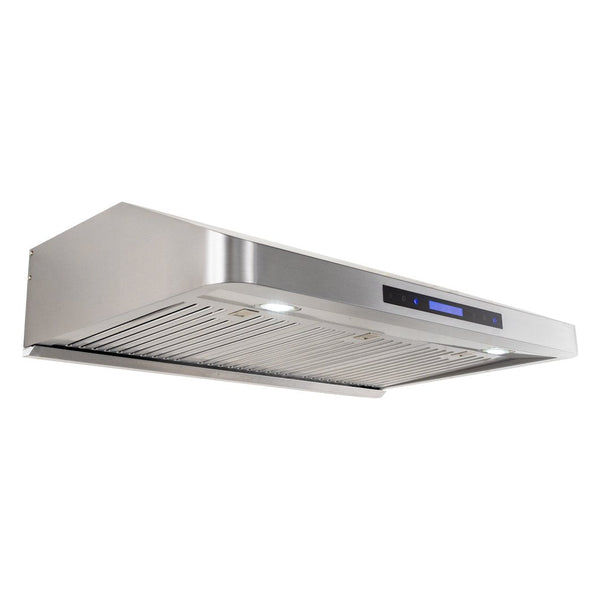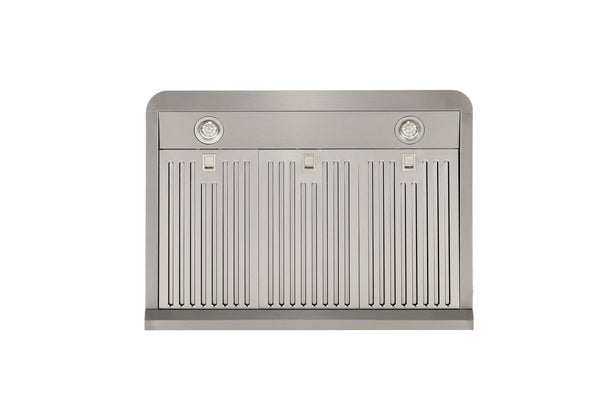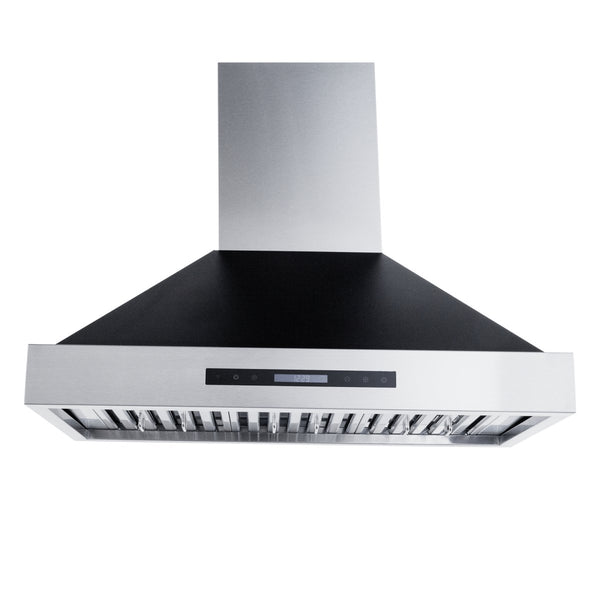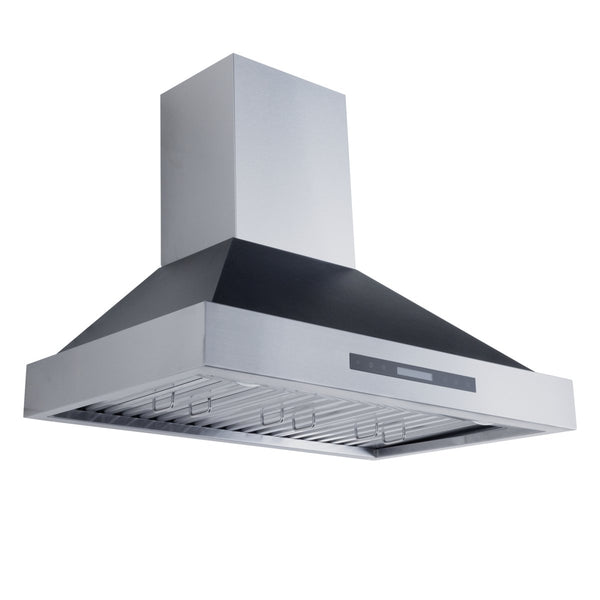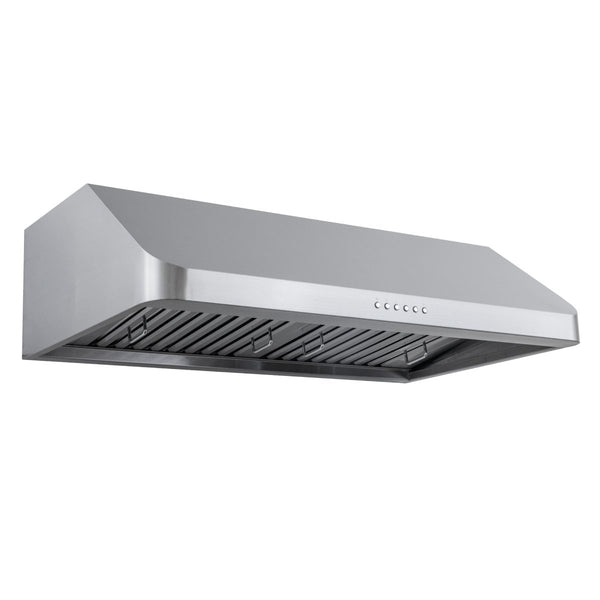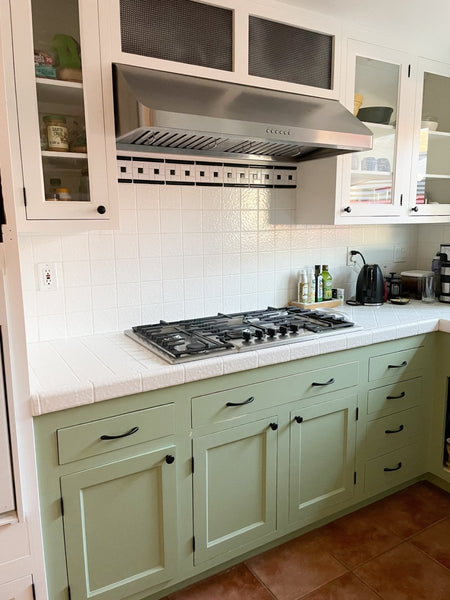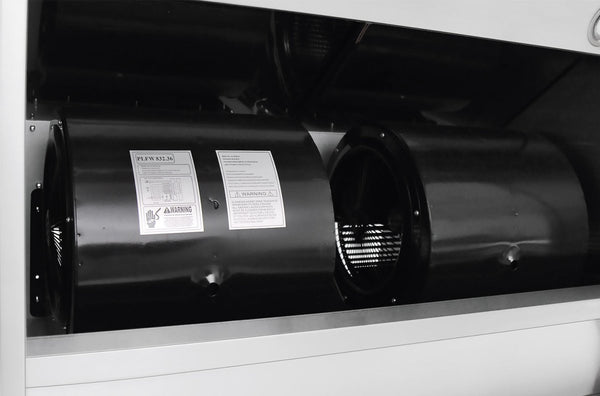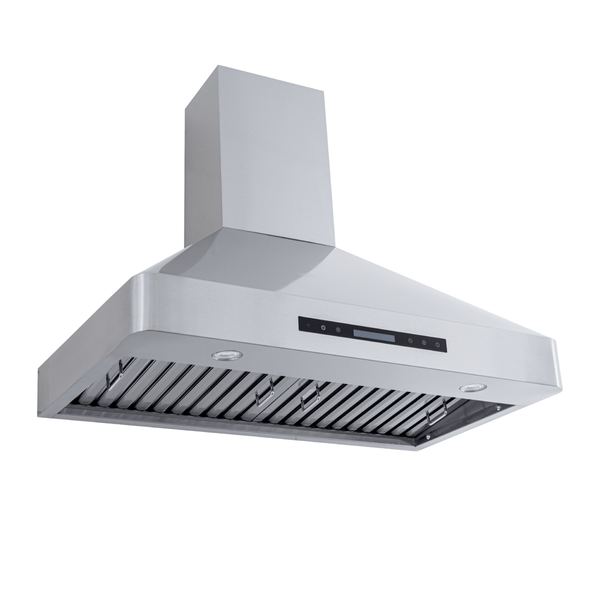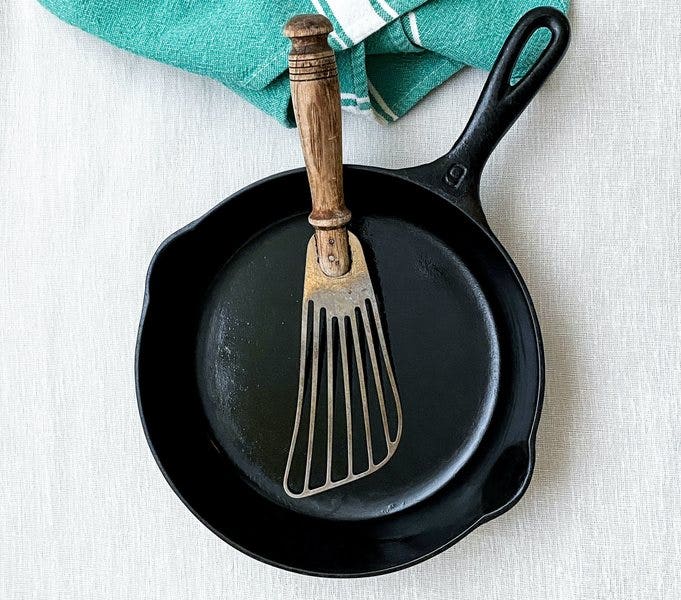One of the first things you need to do when you get your cast iron pan is season it. You might have noticed that cooking oils are a great option for seasoning. Oils with a high smoke point work particularly well.
But maybe you’re wondering: can I season cast iron with lard?
Yes, you can season your cast iron with lard. Lard has a smoke point of approximately 375º which is low compared to most cooking oils. When cooking with high heat, the seasoning may wear down after a few months. Make sure your wall mount range hood is turned on to vent out any odors.
Keep in mind that lard goes rancid in about four to six months at room temperature. Similarly, most cooking oils last about three months once opened. If you store oils and lard in an airtight container in a dry place, you can extend the shelf life by a month or so.
To ensure the layer of seasoning holds up, reseason the pan about twice a year. If you notice a sour smell, any discoloration in the lard, or mold, it has gone bad.
How to Season Cast Iron with Lard (In the Oven)
What You Need
- Lard
- Abrasive scrubber - sponge or scrub brush
- Dish towel
- Oven
- Sink
- Baking sheet or aluminum foil
Note: If your cast iron pan has a wooden handle, season it on the stovetop and not in the oven.
1. Preheat your oven to 350º.
Lard has a smoke point of about 375º so it’s important to keep the oven temperature below this. A little smoking is fine – in fact, this tells you the seasoning is working. But prolonged excessive heat will cause your lard to burn. If that happens, you’ll have to reseason the pan.
2. Add a layer of foil or a baking sheet under the pan to catch drips.
3. Clean your pan thoroughly with an abrasive scrubber.
When your cast iron pan arrives from the factory, it often has a factory coating that needs to be removed before seasoning. Scrub the pan with a scrubby sponge or steel wool to completely remove this coating.
After you season your cast iron cookware, we don’t recommend using abrasive scrubbers to clean cast iron. But in this case, you are preparing the pan for seasoning, So scrub away!
4. Dry the pan thoroughly with a towel, then on your stovetop.
Before seasoning, you want to remove all moisture from the pan. After drying it with a towel, heat the pan up for a couple of minutes to remove the last remaining water from it.
5. Apply a thin layer of lard to the entire pan: bottom, handle, sides, and interior.
Scoop some lard into your cast iron pan and spread it with a paper towel. You don’t need to be too generous with the coating. Just make sure you cover the entire pan.
6. Bake your cast iron pan upside down in the oven for one hour.
You don’t want lard to pool in the bottom of your pan while it’s baking. Otherwise, it will come out sticky. So make sure it’s upside down!
7. Let it cool in the oven for at least 30 minutes.
8. Start cooking!
Seasoning your pan with lard is that simple! Remember to reseason it twice a year. If you cook often with acidic food or do a lot of high heat cooking, you may need to season your pan more often.
You can repeat steps five to seven a few times to toughen up the layer of seasoning on your pan if you’d like. But it’s not required.

What is the best fat to season cast iron?
Avocado oil, peanut oil, or canola oil are great to season cast iron. With smoke points at 400+º F., the oil won’t burn off when you cook at high heat. You can use lard and olive oil, but they have a slightly lower smoke point. They are easier to burn off if you’re not careful. You may have to reseason the pan more often if you don’t use oil with a high smoke point (400+º F.).
Can you use ghee to season cast iron?
Yes, ghee is great to season cast iron. It’s clarified butter with a smoke point of nearly 500º. It adds a nice flavor to your food each time you cook with it.
Lard vs. Cooking Oil - Fat Content, Shelf Life, and Storage
Fat Content - Lard is about 60% unsaturated fat. Unsaturated fats oxidize more readily than saturated fats, shortening the lard’s shelf life. For reference, most cooking oils are 80% unsaturated or more, so they have a relatively short shelf life too.
Shelf Life - Olive oil lasts about three months after it’s opened while lard lasts between four and six months. Oils and lards vary in their fat content so their shelf life may vary.
How to Store Lard
Storage - If you store your lard or olive oil in a room temperature, dry place, you can increase the shelf life a little. Store your lard and olive oil in an airtight container. Exposure to oxygen shortens its shelf life. Make sure it’s away from sunlight too because heat makes lard go rancid faster.
Putting lard in the fridge will allow it to last up to a year or so. It’s not recommended to put olive oil in the fridge because it may crystallize and get cloudy. It’s not unhealthy to use, though.
Your cast iron pan also thrives in a dry place; here are some easy ways to store it.
Lard FAQ
Is lard good for seasoning a griddle?
Yes. Keep in mind that lard has a smoking point of about 375º. Peanut oil, avocado oil, or even ghee have much higher smoke points. These oils will last longer than lard. You’re not as likely to burn them off over time.
Is Crisco the same as lard?
Crisco is vegetable shortening, while lard is animal fat. Vegetable shortening is made from hydrogenating vegetable oil. You can use both to season your cast iron pan. They have a similar smoke point at around 370º.
Is lard healthier than butter?
Yes. Lard has about 20 percent less saturated fat than butter. It is richer in healthy fats such as monounsaturated and polyunsaturated fats. These unsaturated fats can improve cholesterol and heart health. Lard contains about 50% oleic acid, a monounsaturated fat that has been shown to reduce blood pressure.
Is lard a healthy fat?
Yes, about 60% of lard is unsaturated fats which are linked to improved heart health and cholesterol. Saturated and trans fats are much more unhealthy for you.
Is lard better than vegetable oil for cooking?
Both lard and vegetable oil are healthy to use for cooking. Most vegetable oils have a smoke point of around 400º-500º. So they are more suitable for high heat cooking than lard, which has a 375º F smoke point.
Is lard better than coconut oil for cooking?
Coconut oil contains over 80% saturated fat whereas lard contains about 40% saturated fat, according to the U.S. Department of Agriculture. Lard is also rich in lauric acid, which can kill harmful bacteria and have other antimicrobial effects.
Are lard and bacon grease the same thing?
Yes, bacon grease and lard are essentially the same. Bacon grease may have more of a smoky flavor than lard. Both can be used for cooking or seasoning cast iron.
Is canola oil better than lard for cooking?
Of all the common cooking oils, canola oil has the least saturated fat at about 6%. It is healthier to cook with than lard since it contains more “good” mono and polyunsaturated fats.
Canola oil has a slightly higher smoke point than lard at 400º F compared to 375º. So it’s a better choice for seasoning your pan if you cook with high heat often. But either lard or canola oil are great options.
That’s all for “Can I season cast iron with lard?” The short answer is yes! Pay careful attention to the layer of seasoning as you cook with your cast iron pan. Lard has a low smoke point so the seasoning may burn off after just a few months.
For avid cooks, be diligent about this so you can keep a tough layer of seasoning on the pan at all times. Boiling water for long periods of time can also wear down the seasoning.
Thanks for reading! To learn more about cast iron cooking, check out the articles below!
Related Articles
How to Season a Cast Iron Skillet
How to Repair a Cracked Cast Iron Skillet
Is cooking with cast iron dangerous?
What is the best fat to season cast iron?
Can you use ghee to season cast iron?
Is lard good for seasoning a griddle?
Is Crisco the same as lard?
Is lard healthier than butter?
Is lard a healthy fat?
Is lard better than vegetable oil for cooking?
Is lard better than coconut oil for cooking?
Are lard and bacon grease the same thing?
Is canola oil better than lard for cooking?
Canola oil has a slightly higher smoke point than lard at 400º F compared to 375º. So it’s a better choice for seasoning your pan if you cook with high heat often. But either lard or canola oil are great options.
